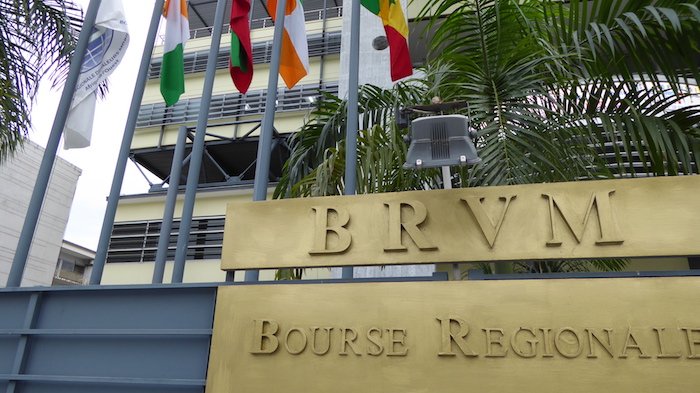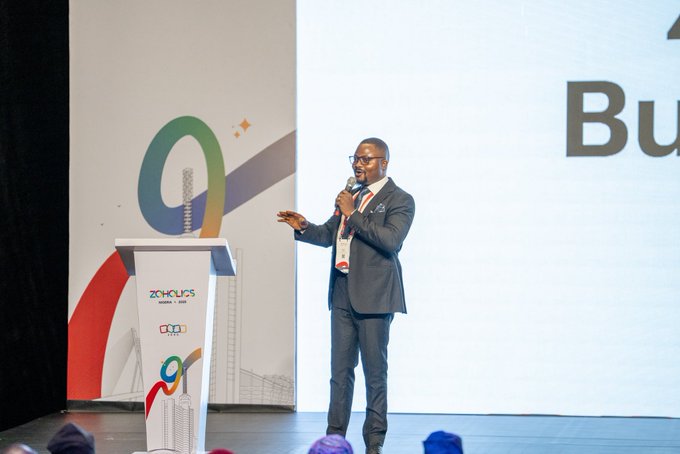For most Nigerians, the moment a bank transfer goes awry—money deducted, but no value received—the ordeal begins: emails to customer service, hours on hold, and the gnawing uncertainty of when, or if, the funds will be returned. The real culprit isn’t always the bank’s unwillingness to help, but the labyrinth of fragmented financial data they must wade through to resolve the problem.
Behind the scenes, an employee scrambles through spreadsheets and scans through logs and dashboards from payment processors like Paystack and Flutterwave to trace your money.
Recital is a Lagos-based startup that centralizes and automates the reconciliation of payments across diverse financial systems, enabling companies to resolve operational bottlenecks, and discrepancies faster and with greater accuracy.
“People think digital payments are instant, but for businesses, making sense of where the money actually is can be ten times more complicated,” says Bobola Ojo-Ami, co-founder of Recital. “Every payment a business receives is just the start of a long, messy reconciliation process.”
Recently, Bobola’s attempt to top up data on his telco router went sideways: “₦30,000 gone, no data, and three emails later, I’m still waiting,” he says. “For the telco, finding my payment means digging through different systems, matching receipts, and hoping nothing slipped through the cracks.”
The problem, he explains, is universal. Most African businesses collect payments from a dizzying array of sources—bank transfers, cards, mobile money, payment processors like Paystack, Flutterwave, Interswitch, and NIBSS each with its data format and reporting quirks. The result is a daily grind of downloading statements, wrangling spreadsheets, and manually matching transactions. “Financial systems don’t speak the same language,” said Recital’s co-founder, Cleopatra Douglas. “Teams are forced to become detectives, piecing together what should be a simple story.”
Douglas, who has worked as the Head of Application Development at Guaranty Trust Bank and as a senior engineer and associate at Flutterwave and Goldman Sachs, respectively, is teaming up with Bobola, who has worked across multiple industries from E-commerce, gaming, cloud hosting, fintech, and lending for over 10 years globally, as Chief Commercial Officer, to build Recital, which will centralise financial data across banks, payment processors, and accounting systems.
They want to automate the back office so that operational headaches like reconciliation, chargebacks, and cash management become invisible to the end user. “We’re not just solving a finance problem,” Bobola says. “It’s an operations problem that cuts across finance, customer delivery, and even engineering.”
How does Recital work?
Recital’s answer is a cloud-based platform that ingests financial data from any source, normalises it, and creates a unified view of every transaction. “We built a flow where you can bring in your payment or financial data from anywhere—banks, PSPs, accounting software—and it all becomes one object in our system,” Douglas explains.
At the heart of Recital is its automated reconciliation engine. For a typical business, reconciling payments means comparing internal records with statements from multiple banks and payment providers, often across several currencies. Recital’s system automates this three-way reconciliation, instantly flagging mismatches and missing funds.
“We’re able to check reconciliation against up to three sources at once,” Douglas says. “What used to take hours or days now happens in minutes, with a 93% reduction in operational time.” The platform’s AI doesn’t just match transactions; it learns from the messy, real-world data unique to African markets, parsing cryptic references and inconsistent formats that global competitors often miss.
Another pain point Recital tackles is chargebacks: the forced refunds that occur when customers dispute transactions with their bank. “Responding to a chargeback is like assembling a legal case,” Douglas says. “You need to pull together evidence from chats, delivery invoices, payment records, and respond within hours. If you’re late or incomplete, you lose the money.”
Recital’s chargeback module, which will launch soon, automates the evidence-gathering process. By connecting to all relevant data sources, it assembles a robust response packet in seconds, improving the odds of winning disputes and protecting merchants from revenue bleed. “The aim is to help businesses reduce their chargeback ratios and increase their win rates,” she says.
Recital’s cash management tool adds another layer of automation. For businesses juggling balances across multiple banks, payment providers, and currencies, knowing the real-time cash position is a daily struggle. “Our cash management module gives you a live view of all your balances, wherever they are,” Douglas says. “You can see trends, forecast outflows, and even automate different policy notification like minimum threshold alerts across any cash position and more. The system is designed to accommodate large volumes of transactions data, from startups handling their first transactions to enterprises managing millions in volume.”
Recital also adds reporting and analytics tools into every layer of its product offering. “We aggregate all your data, so you can generate reconciliation reports, accounting summaries, or drill down into trends,” Douglas explains. Recital’s analysis tool makes it easier for businesses to know what channels customers use the most and what channels generate the most revenue. It also allows businesses to spot when there is an increase in transaction fees. The platform’s role-based access controls mean different teams—finance, customer service, treasury—can access only what they need, Douglas explains.
Business model
Recital’s business model is modular and volume-based. Clients pay according to the features they use and the volume of transactions processed. “You don’t have to use every module,” Douglas notes. “Pricing is based on the number of unique transactions for reconciliation, or the number of connections for cash management.”
Reconciliation and cash management are the most popular features—“If you have a reconciliation problem, you almost always have a cash management problem too,” Ojo-Ami says. The startup claims demand for its upcoming chargeback module is building among larger merchants.
The company claims it has reconciled over a million transactions in under five minutes for clients. However, competition is heating up, both globally and locally. International players like Simetrik and Nilus offer reconciliation and cash management tools, while African startups like Credrails focus on the reconciliation niche. But Recital’s founders argue their edge is their deep familiarity with Africa’s payment idiosyncrasies and a unified platform that covers the entire financial operations stack.
“We have refined our base to handle as many use cases as possible,” Douglas says. “But the real test will be scaling with our clients as their needs evolve.”
For now, Recital is betting that the invisible work of financial operations—making sure every naira is accounted for, every dispute is answered, and every balance is visible—will become the backbone of Africa’s digital economy. “Africa’s next fintech wave isn’t about moving money faster,” Douglas says. “It’s about making the money moved count.”
Mark your calendars! Moonshot by TechCabal is back in Lagos on October 15–16! Join Africa’s top founders, creatives & tech leaders for 2 days of keynotes, mixers & future-forward ideas. Early bird tickets now 20% off—don’t snooze! moonshot.techcabal.com.














